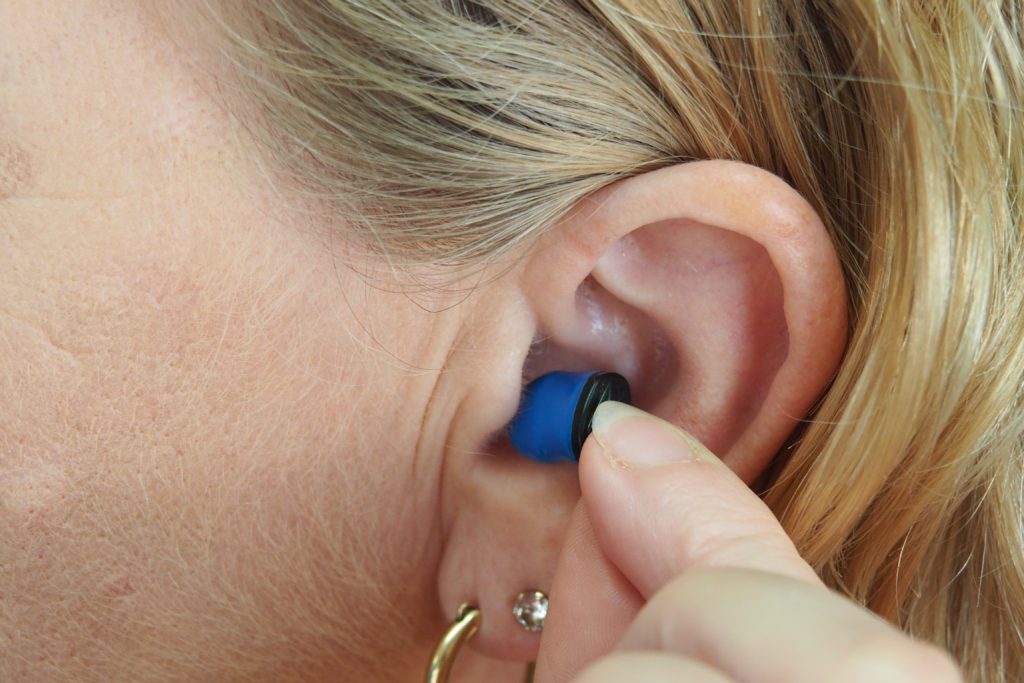
Hearing loss has devastating and detrimental effects on the victim. While some get fewer job opportunities, others struggle with impaired communication, low esteem, and social withdraw. Ear damage happens gradually and with minimal warning indicators. By the time most individuals notice their failing sense of hearing, it almost too late.
It is worth noting that early diagnosis helps in finding fulfilling interventions. Before you book your ear analysis appointment, here are important tips on how to protect your hearing sense.
- Avoid Noisy Environment
If you happen to raise your voice while talking to others or strain to hear what they say, then that’s too loud for your ears. Sometimes loud interactions leave a ringing sound in the inner ear.
Bear in mind that experts measure noise levels in dB (decibels). If the numbers surpass 85dB, it poses a higher risk of ear damage. If possible leave the environment, take a few minutes breaks or use earplugs to protect your ears.
To test the decibels around your vicinity, use noise measuring smartphone apps. Most importantly, use the right settings to record precise readings.
- Lower Down the Volume
While music has an abundance of benefits, listening through headphones and earphones exposes your ears to huge injuries. All in all, loud music is one leading cause of ear loss. To avert that avoid listening to music above 60% volume. Then, invest in devices that control volume involuntarily.
Additionally, avoid using headphones or other devices continuously for more than one hour. Instead, remove them for five minutes after every hour. If your career requires you to use headphones for extended durations, use noise-canceling ones. Note that, even the most negligible volume reduction plays a great role in sustaining your hearing.
- Consider Regular Checkups
You do not have to wait for old age to get your ears tested. Instead, incorporate a hearing test with your usual checkups. That way, it becomes easier for you to monitor your hearing loss and work on it accordingly.
Phonak Online Hearing Test is one effective way to assess your ears in the comfort of your home or office. The test is estimated to last three minutes and checks on hearing capability in varied frequencies. Afterward, the experts send test results through email. For a successful process, locate a serene area to conduct the examination. Likewise, use headphones and set your volume at 50%.
- Discontinue Using Cotton Swabs
Naturally, ears produce wax to prevent harmful elements entering the canal. Although it is tempting to use cotton swabs for the job, it is not the wisest decision. This is because inserting objects in the ear risks injuring sensitive internal organs.
If the wax excessively piles up, wipe gently with a damp towel or use a wax removal ointment. This solution enables the wax to flow out on its own.
- Prevent Moisture inside the Ear
Bacteria thrive in wet environments. If you allow excess moisture in your ears, a bacteria upsurge may lead to severe complications like the swimmer’s ear condition. Whether swimming or after a shower, gently dry the area around your ears.
To remove water from the ear, slightly tilt your head in one side. Then, pull the ear lobe and try to get the water out. Always use customized swimming earplugs when coming into contact with wetness.
Parting Shot
Living in a noisy world, it is not always easy blocking deafening and destructive disturbances. Most hearing losses result from damages to the inner ear cells and auditory nerves. While preventive measures slightly help, an extensive ear assessment is the best decision.
Currently, it is not possible to restore permanent ear damage. Yet, reliable expert guides on effective solutions like hearing aids, bone-anchored systems, and cochlear implants
